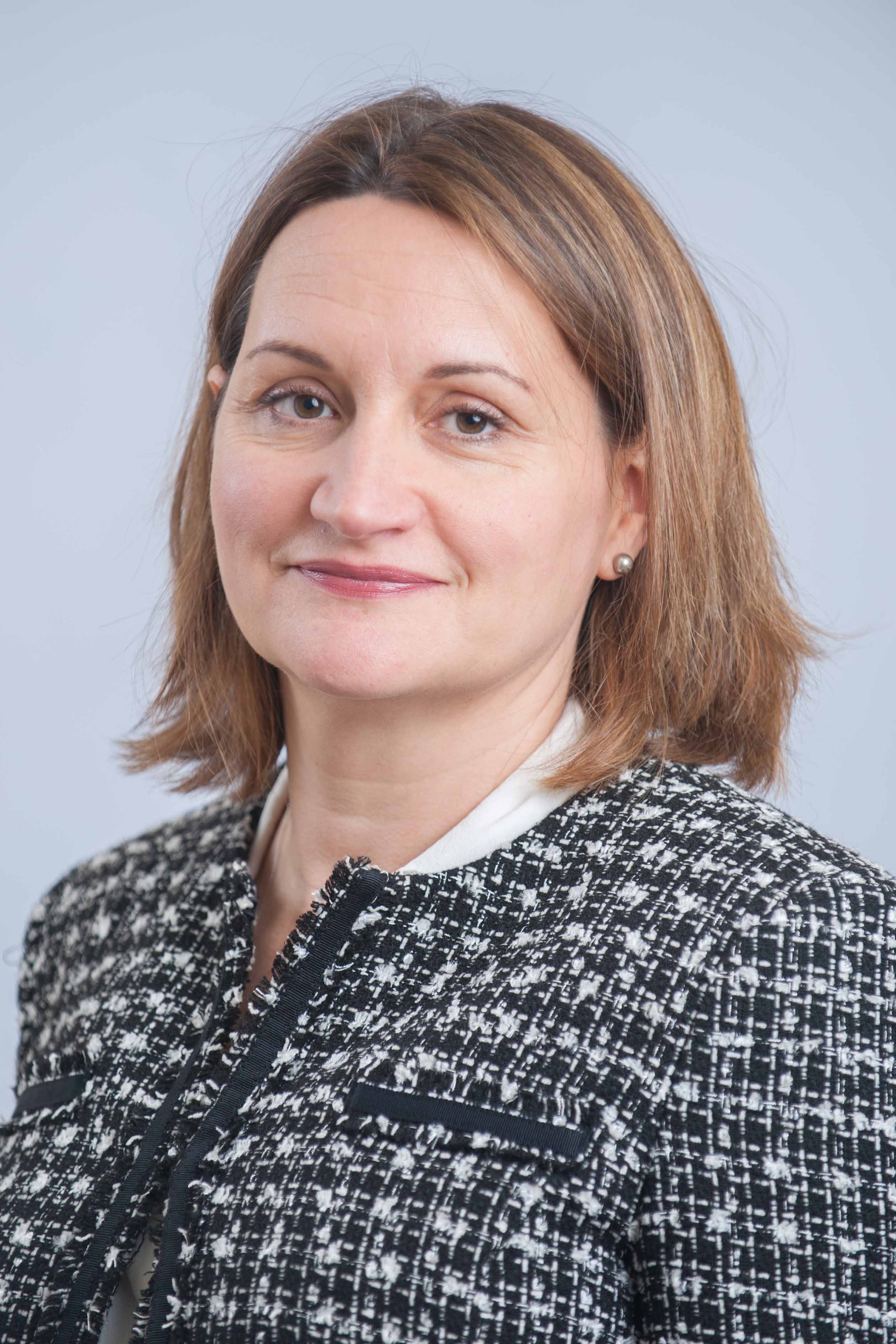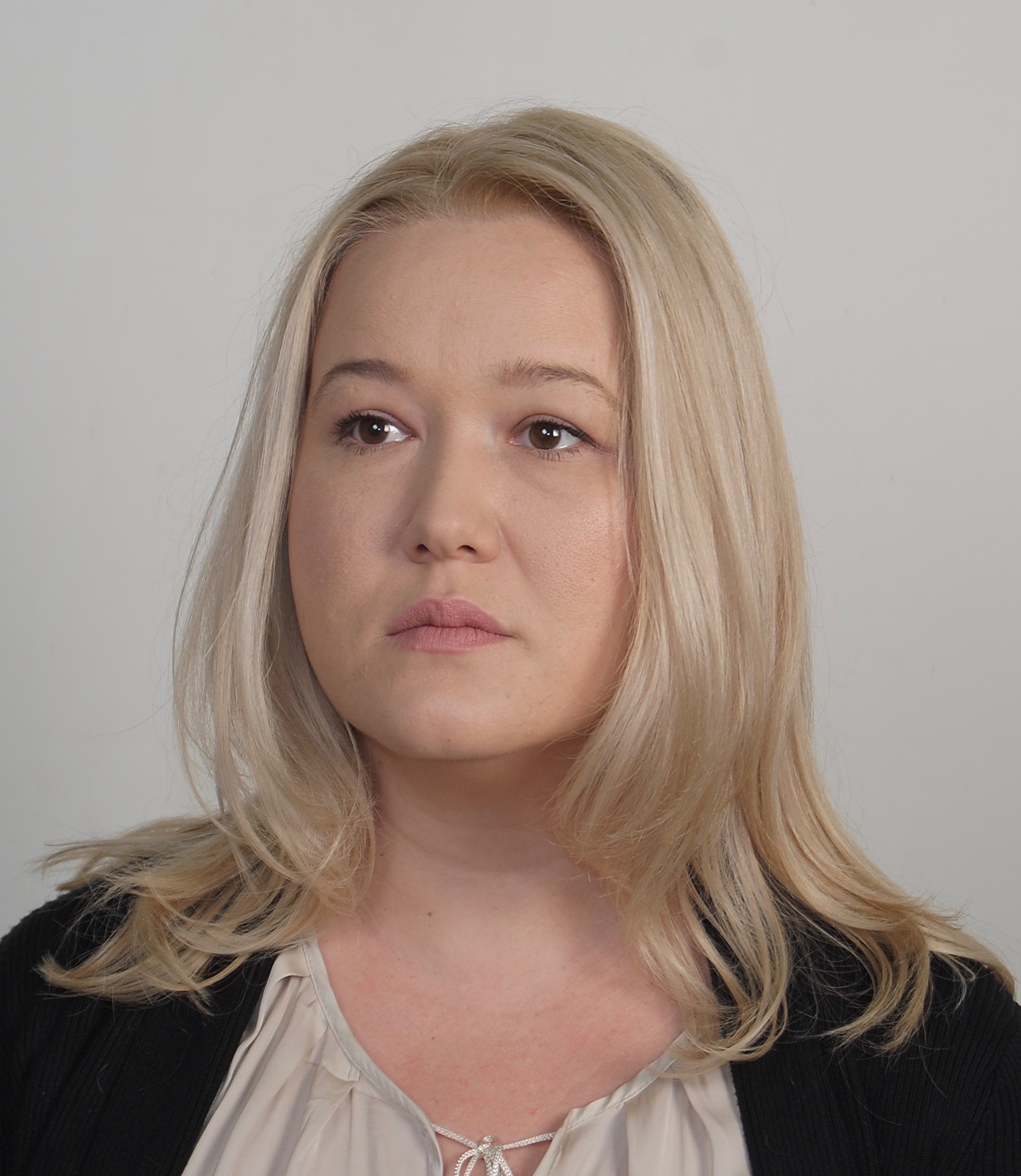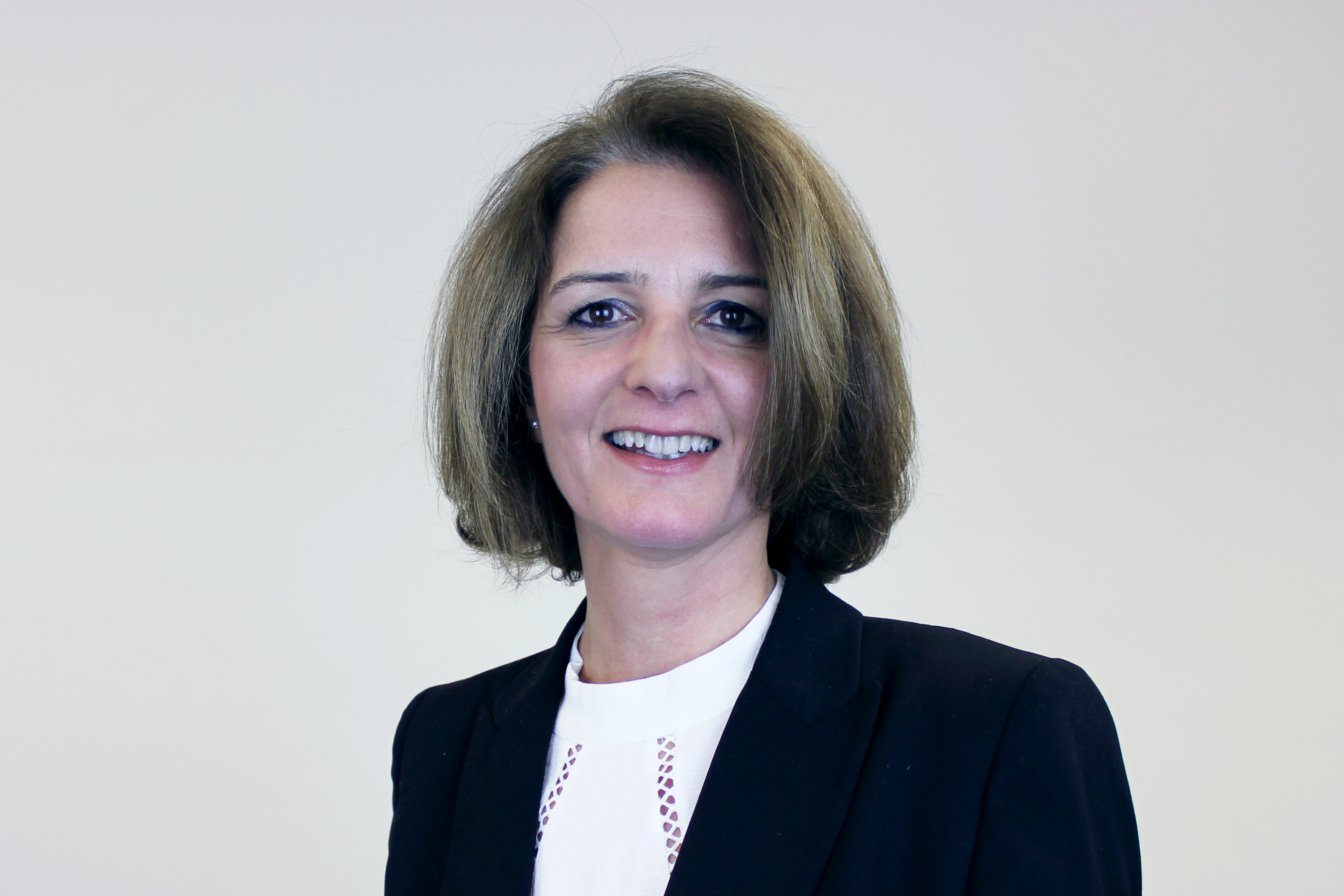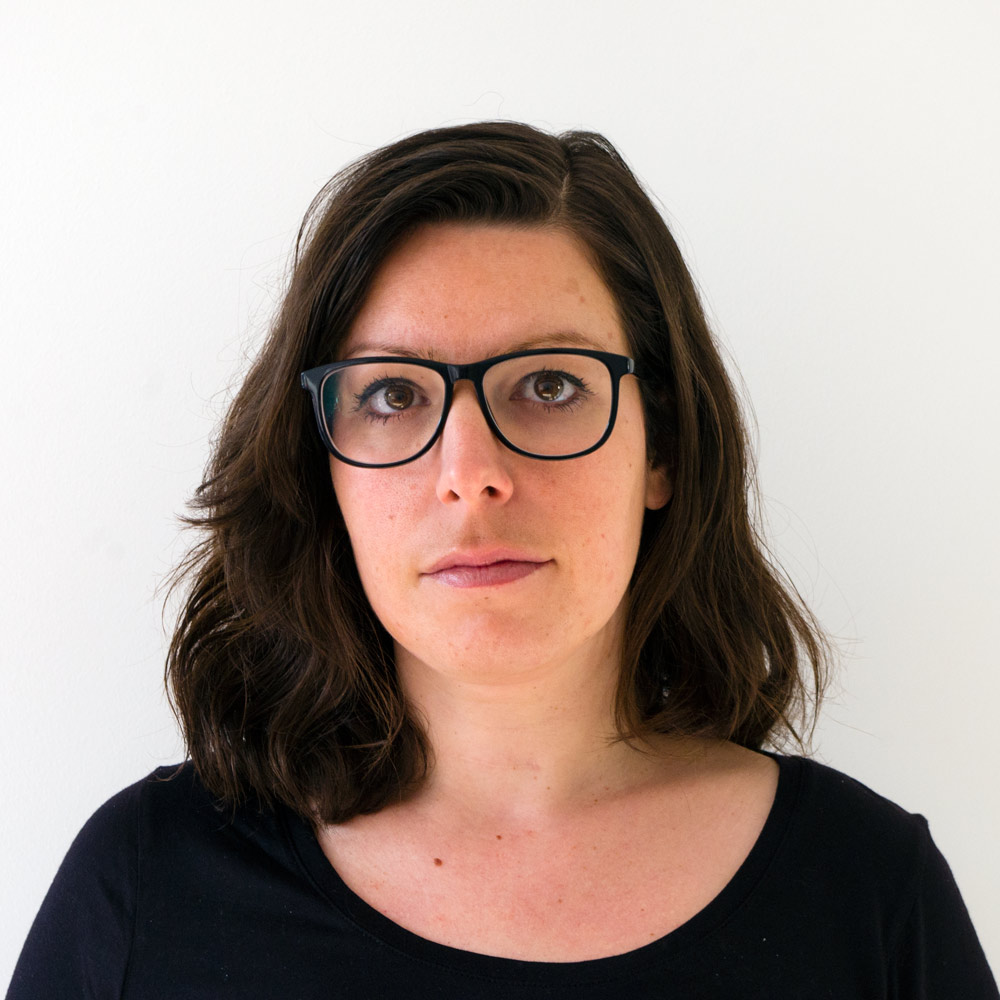Session 10: Prospects for Justice and Reconciliation in Balkans (In Partnership with the King s College London, War Studies Department)
Discussion Points:
- What is wrong with reconciliation as a concept and practice?
- What is its potential?
- What is the potential role of the creative arts?
- How can dialogue among different actors proceed constructively with different interpretations of facts and history?
- How is reconciliation understood and what are the aspirations regarding justice and reconciliation as discussed in the REKOM process?
- What are the potential next steps?
- What has been the legacy of the ICTY?
- What has been the political legacy of war crimes?
- And how has it impacted regional cooperation?
- Is there scope for reframing the discussion around justice and reconciliation?
More than two decades after the end of the war in the former Yugoslavia, the Western Balkans region still faces formidable challenges. In spite of a mammoth international justice effort (ICTY) and prosecutions in national courts for war crimes, the legacies of the conflicts in Croatia, Bosnia and Kosovo continue to be an obstacle to political cooperation and economic development in the region. And, in spite of millions of dollars spent on justice and reconciliation initiatives, reconciliation between and within societies and communities remains a work-in-progress.
Drawing on insights from a major UK Research Councils funded research on Art and Reconciliation: Conflict, Culture and Community, the panel will discuss the range of activities aimed at security justice and/or reconciliation in the Western Balkans region and their achievements and shortcomings. The panel will focus on Disourses – how justice and reconciliation are talked about and understood by different stakeholders involved in the process; Practices – what activities directly and indirectly support reconciliation, including the potential role of the creative arts; and Histories – what might we learn from other sites of reconciliation and anti-reconciliation across time and space.






